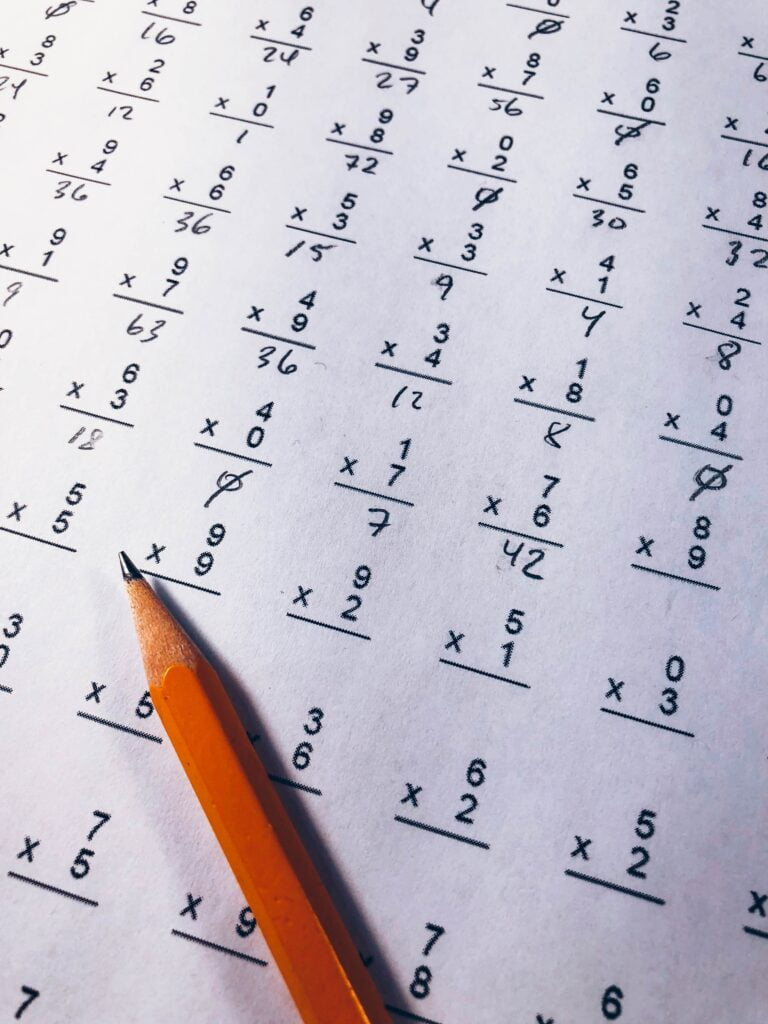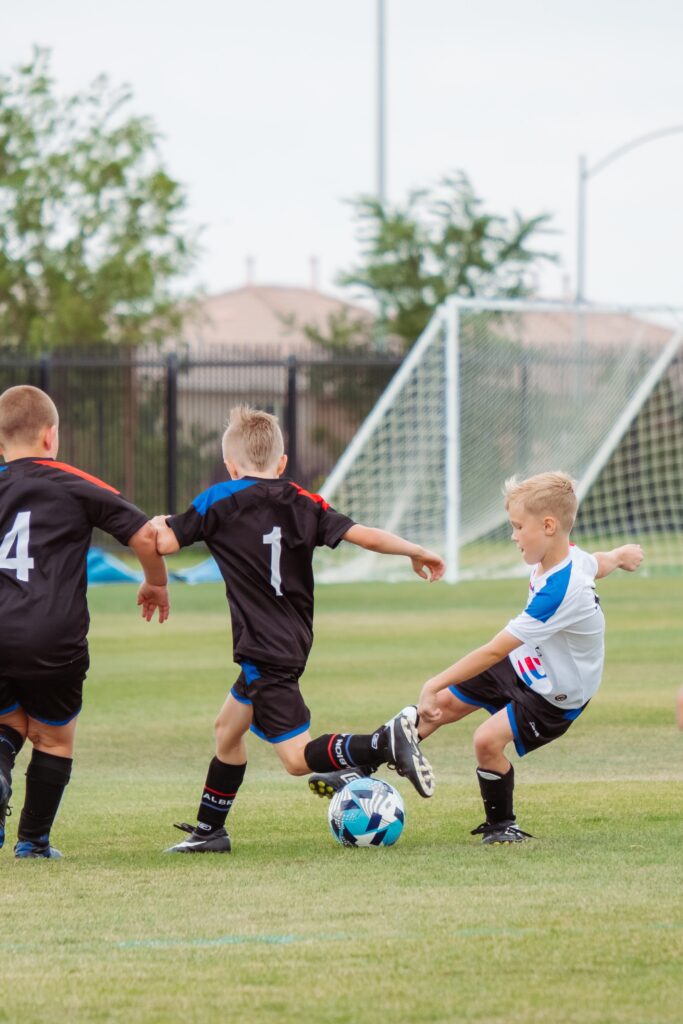When we think of education, subjects like maths and science often take the spotlight. However, it’s crucial to recognise that physical education (P.E.) holds equal importance in a well-rounded curriculum. In this article, I explore the reasons why physical education matters as much as maths in school, highlighting its profound impact on students’ physical health, mental well-being, cognitive development, and overall academic success.

Physical Health and Fitness:
Physical education plays a vital role in promoting physical health and fitness among students. Regular participation in P.E. classes helps children develop fundamental movement skills, improve cardiovascular endurance, build strength and coordination, and maintain a healthy body weight. These habits foster a lifelong commitment to physical well-being, reducing the risk of obesity, chronic diseases, and sedentary lifestyles.
Cognitive Development:

Engaging in physical activity has a positive impact on cognitive development. Research shows that exercise stimulates the brain, enhancing memory, attention span, and information processing. Physical education provides a platform for students to engage in physical challenges, strategise, problem-solve, and improve their cognitive abilities. The combination of physical movement and mental engagement strengthens neural connections, supporting academic performance across all subjects.
Emotional Well-being:
Physical education contributes significantly to students’ emotional well-being. Participating in physical activities releases endorphins, which promote feelings of happiness and reduce stress and anxiety. P.E. classes provide a break from academic pressures, allowing students to unwind, recharge, and develop emotional resilience. Furthermore, physical education fosters teamwork and self-confidence, nurturing positive social interactions and a sense of belonging among students.

Improved Academic Performance:
Physical education has a positive correlation with improved academic performance. Research suggests that regular physical activity enhances cognitive abilities, concentration, and academic achievement. When students engage in physical education, they experience increased blood flow and oxygen to the brain, promoting optimal brain function. Additionally, the discipline, time management, and goal-setting skills developed through physical education positively impact academic success.
Lifelong Healthy Habits:
Physical education helps students develop lifelong healthy habits. By introducing them to a variety of sports, fitness activities, and recreational pursuits, P.E. classes expose students to a range of options for staying physically active beyond their school years. This lays the foundation for a balanced and active lifestyle, ensuring that they continue to prioritise their physical well-being as adults.

Social and Life Skills:
Physical education provides opportunities for social interaction, cooperation, and the development of essential life skills. Team sports and group activities foster collaboration, communication, leadership, and conflict resolution abilities. Through P.E., students learn how to work together, respect differences, and build positive relationships, skills that are transferable to various aspects of life.
Stress Reduction and Mental Health:
Physical education serves as a valuable outlet for stress reduction and supports students’ mental health. Engaging in physical activity helps alleviate symptoms of anxiety and depression, promotes positive self-esteem, and boosts overall mental well-being. Regular participation in P.E. classes provides students with a healthy outlet to manage stress, enhancing their ability to cope with academic and personal challenges.

Body Awareness and Self-care:
Physical education promotes body awareness and encourages self-care. Through movement-based activities, students develop a better understanding of their bodies, their capabilities, and the importance of maintaining their physical health. P.E. classes emphasise the significance of self-care practices such as stretching, proper nutrition, and rest, empowering students to prioritise their well-being beyond the classroom.
Cross-curricular Connections:
Physical education establishes cross-curricular connections, bridging the gap between physical activity and academic subjects. PE can incorporate math concepts through measurements, statistics, and data analysis, making maths more practical and tangible for students. Additionally, physical education can integrate science by exploring topics such as anatomy, physiology, and the physics of motion, fostering interdisciplinary learning experiences.

Overall Well-rounded Education:
A well-rounded education encompasses more than just academic subjects. Physical education is a critical component of providing a comprehensive education that nurtures the whole child. By recognising the importance of physical education alongside maths and other subjects, schools create an environment that values students’ physical health, mental well-being, and holistic development.
Final thoughts:
Physical education is far more than a break from a classroom setting; it is an integral part of a well-rounded education. From promoting physical health and cognitive development to supporting emotional well-being and academic success, physical education plays a vital role in shaping the overall well-being of students. By recognising the significance of physical education as much as maths and other academic subjects, we empower students to lead healthy, balanced lives and thrive both inside and outside the classroom.


1 comment
Embark on a remarkable culinary adventure as you set sail on a sushi odyssey like no other. Welcome to restaurants with private event rooms, where extraordinary flavors await, inviting you to explore a world of taste and texture that will leave you in awe.